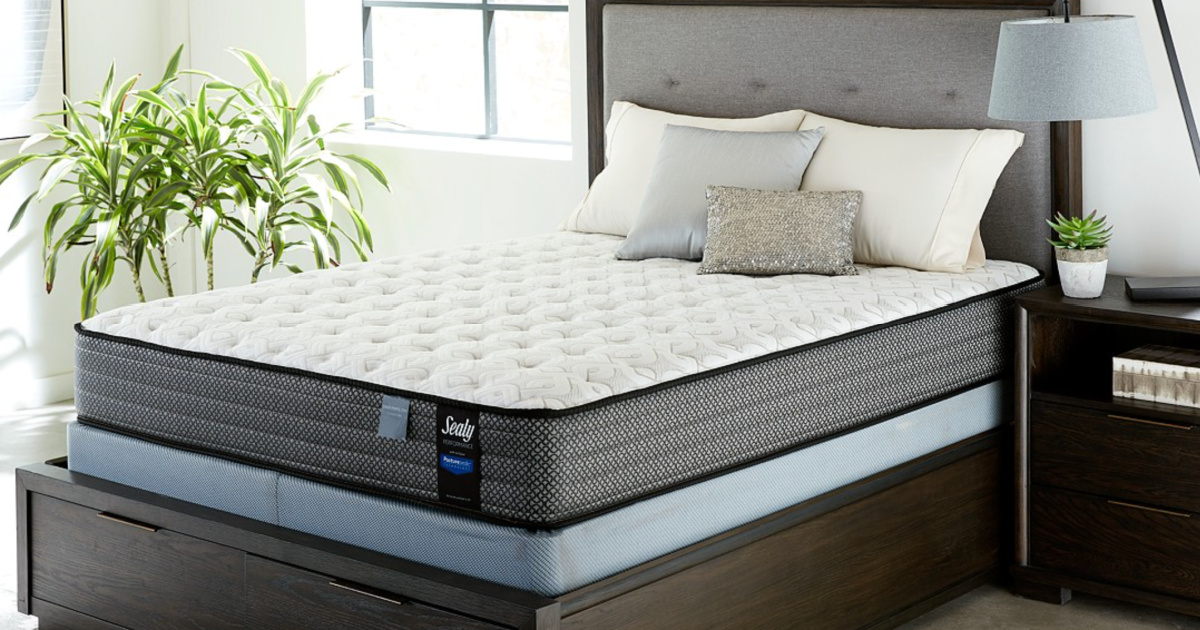Having a comfortable and supportive mattress is essential for a good night's sleep. However, for some people, their mattress may be causing more harm than good. Allergies to mattresses are not uncommon and can lead to a host of uncomfortable symptoms. If you suspect that you may be allergic to your mattress, it's important to understand the causes, signs, and solutions to alleviate your symptoms.Allergic Reactions to Mattresses: What You Need to Know
The short answer is yes, you can be allergic to your mattress. Your mattress is an ideal breeding ground for allergens such as dust mites, mold, and pet dander. These allergens can cause a range of symptoms, from mild irritation to severe allergic reactions. If you have a pre-existing allergy to any of these substances, your mattress can exacerbate your symptoms.Can You Be Allergic to Your Mattress?
If you wake up with a stuffy nose, itchy eyes, or a scratchy throat, it could be a sign that you're allergic to your mattress. Other symptoms include sneezing, coughing, and wheezing. If your symptoms only occur when you're in bed and subside once you leave, it's a clear indication that your mattress is the culprit.Signs You May Be Allergic to Your Mattress
If you suspect that you may be allergic to your mattress, there are a few ways to confirm it. One way is to get an allergy test from your doctor. This will help identify the specific allergens causing your symptoms. Another way is to pay attention to when your symptoms occur. If they only happen at night or when you're in bed, it's a strong indication that your mattress is the source of your allergies.How to Tell If You're Allergic to Your Mattress
There are several steps you can take to alleviate your allergies if you're sensitive to your mattress. The first is to invest in hypoallergenic bedding, including pillowcases, sheets, and mattress protectors. These are specially designed to prevent allergens from getting trapped in your bedding. It's also important to regularly wash your bedding in hot water to kill any allergens that may be present. Another solution is to replace your mattress with one that is specifically designed for people with allergies. Look for mattresses made from natural materials, such as latex or organic cotton, which are naturally hypoallergenic. Avoid mattresses with memory foam, as these tend to trap allergens and can worsen your symptoms.What to Do If You're Allergic to Your Mattress
As mentioned, dust mites, mold, and pet dander are the most common allergens found in mattresses. Dust mites feed on dead skin cells and thrive in warm, humid environments. To avoid dust mites, use a mattress protector and wash your bedding regularly. Mold can grow in mattresses that are exposed to moisture, so be sure to keep your mattress dry and well-ventilated. If you have pets, make sure they are not allowed on your bed, as their dander can easily get trapped in your mattress.Common Mattress Allergens and How to Avoid Them
When shopping for a mattress, there are a few key factors to consider if you have allergies. As mentioned, look for mattresses made from natural materials that are hypoallergenic. You should also choose a mattress with a tight weave fabric cover that will prevent allergens from getting inside. Additionally, consider getting a mattress with a removable, machine-washable cover for easy cleaning.How to Choose a Mattress If You Have Allergies
If you've recently purchased a new mattress and are experiencing allergy symptoms, you may be wondering if your new mattress is to blame. The truth is, it's not the mattress itself causing your allergies, but rather the materials used to make it. Many new mattresses are treated with chemicals to make them fire-resistant, and these chemicals can cause allergic reactions in some people. If you suspect this may be the case, opt for a natural, chemical-free mattress instead.Can a New Mattress Cause Allergies?
Regularly cleaning your mattress is essential for reducing allergens and keeping your bed a safe and comfortable place to sleep. Start by vacuuming your mattress to remove dust and debris. Then, spot clean any stains with a mixture of warm water and mild detergent. You can also sprinkle baking soda on your mattress to neutralize odors and vacuum it up after a few hours. Deep cleaning your mattress at least once a year will also help eliminate any hidden allergens.How to Clean Your Mattress to Reduce Allergens
If your symptoms persist even after taking steps to reduce allergens in your bed, it's best to consult with a doctor. They can perform an allergy test to determine the specific cause of your allergies and recommend the best course of treatment. They may also prescribe medication to alleviate your symptoms, such as antihistamines or nasal sprays. In conclusion, if you're experiencing symptoms of allergies, your mattress may be to blame. By following the tips and solutions mentioned above, you can reduce allergens in your bed and enjoy a good night's sleep without any discomfort. Remember to regularly clean your mattress and invest in hypoallergenic bedding to keep your allergies at bay. With the right precautions, you can rest easy knowing that your mattress is not causing you any harm.When to See a Doctor for Mattress Allergies
How Your New Mattress Could Be Causing Allergic Reactions
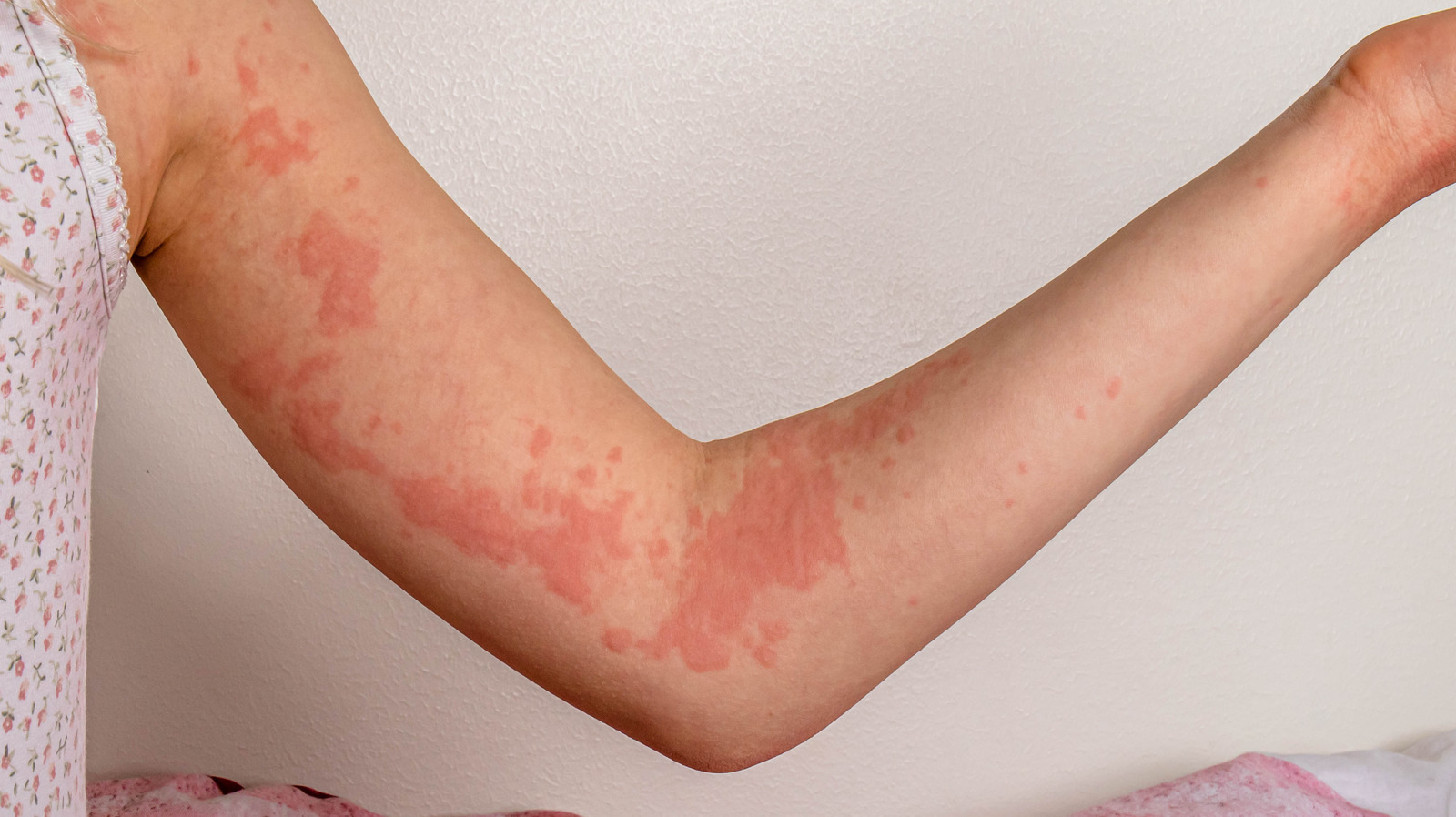
What You Need to Know About Allergies and Mattresses
 If you've recently purchased a new
mattress
, you may be surprised to find yourself experiencing
allergic reactions
such as
sneezing
,
watery eyes
, and
skin irritation
. While you may think these reactions are caused by
dust mites
or other allergens present in your bedroom, the culprit may actually be your new
mattress
.
If you've recently purchased a new
mattress
, you may be surprised to find yourself experiencing
allergic reactions
such as
sneezing
,
watery eyes
, and
skin irritation
. While you may think these reactions are caused by
dust mites
or other allergens present in your bedroom, the culprit may actually be your new
mattress
.
The Connection Between Mattresses and Allergies
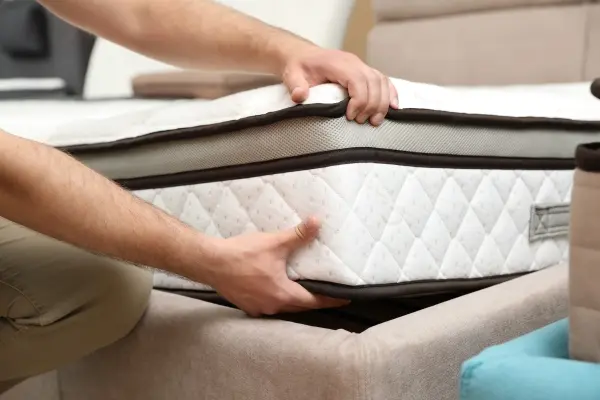 Mattresses are a breeding ground for allergens such as
dust mites
,
mold
, and
pet dander
. Over time, these allergens can accumulate in your
mattress
and cause reactions when you come into contact with them. However, even new
mattresses
can contain these allergens, especially if they were stored in a warehouse or have been exposed to moisture during shipping. Additionally,
chemicals
used in the manufacturing process of
mattresses
can also trigger allergic reactions in some individuals.
Mattresses are a breeding ground for allergens such as
dust mites
,
mold
, and
pet dander
. Over time, these allergens can accumulate in your
mattress
and cause reactions when you come into contact with them. However, even new
mattresses
can contain these allergens, especially if they were stored in a warehouse or have been exposed to moisture during shipping. Additionally,
chemicals
used in the manufacturing process of
mattresses
can also trigger allergic reactions in some individuals.
How to Tell If Your New Mattress is Causing Your Allergies
 If you suspect that your new
mattress
is causing your
allergic reactions
, there are a few ways to confirm your suspicions. First, pay attention to the timing of your reactions. If they only occur when you are in bed or shortly after waking up, it is likely that your
mattress
is the cause. You can also try sleeping in a different location, such as a hotel or a friend's house, to see if your symptoms improve. If they do, it's a strong indication that your
mattress
is the source of your allergies.
If you suspect that your new
mattress
is causing your
allergic reactions
, there are a few ways to confirm your suspicions. First, pay attention to the timing of your reactions. If they only occur when you are in bed or shortly after waking up, it is likely that your
mattress
is the cause. You can also try sleeping in a different location, such as a hotel or a friend's house, to see if your symptoms improve. If they do, it's a strong indication that your
mattress
is the source of your allergies.
How to Prevent Allergic Reactions from Your Mattress
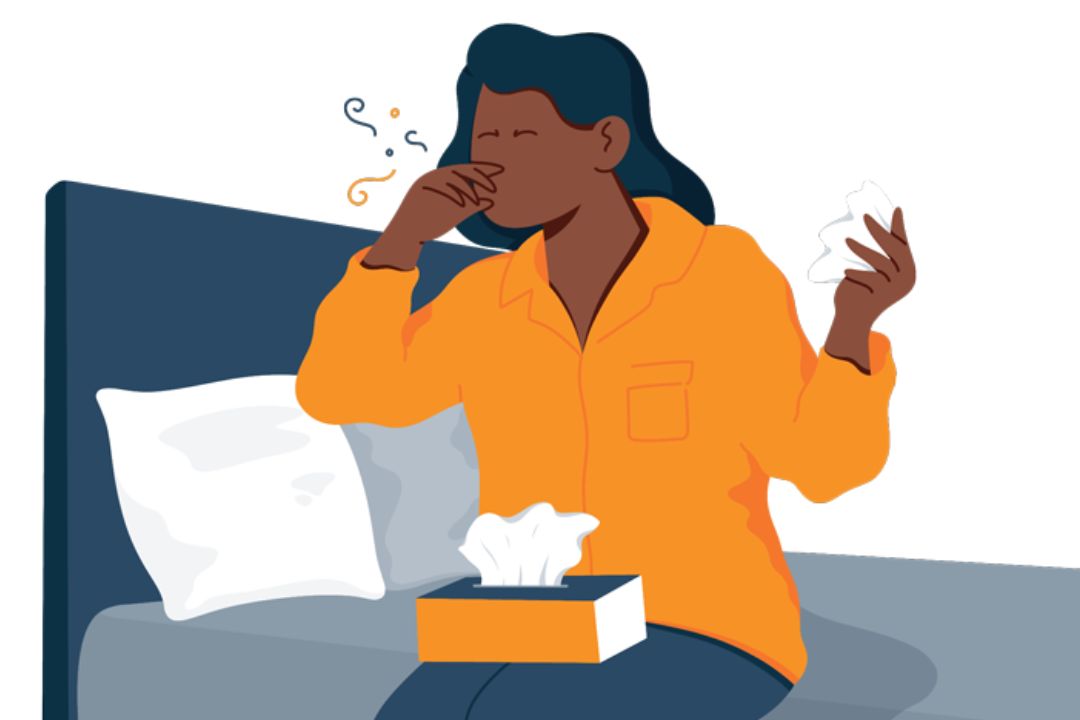 Fortunately, there are steps you can take to prevent
allergic reactions
from your
mattress
. First, make sure to purchase a
mattress
with a
hypoallergenic
cover and materials. You can also invest in a
mattress
protector that is designed to block allergens. Regularly vacuuming and
airing out
your
mattress
can also help reduce allergen buildup. Additionally, consider using a
HEPA filter
in your bedroom to further reduce allergens in the air.
Fortunately, there are steps you can take to prevent
allergic reactions
from your
mattress
. First, make sure to purchase a
mattress
with a
hypoallergenic
cover and materials. You can also invest in a
mattress
protector that is designed to block allergens. Regularly vacuuming and
airing out
your
mattress
can also help reduce allergen buildup. Additionally, consider using a
HEPA filter
in your bedroom to further reduce allergens in the air.
In Conclusion
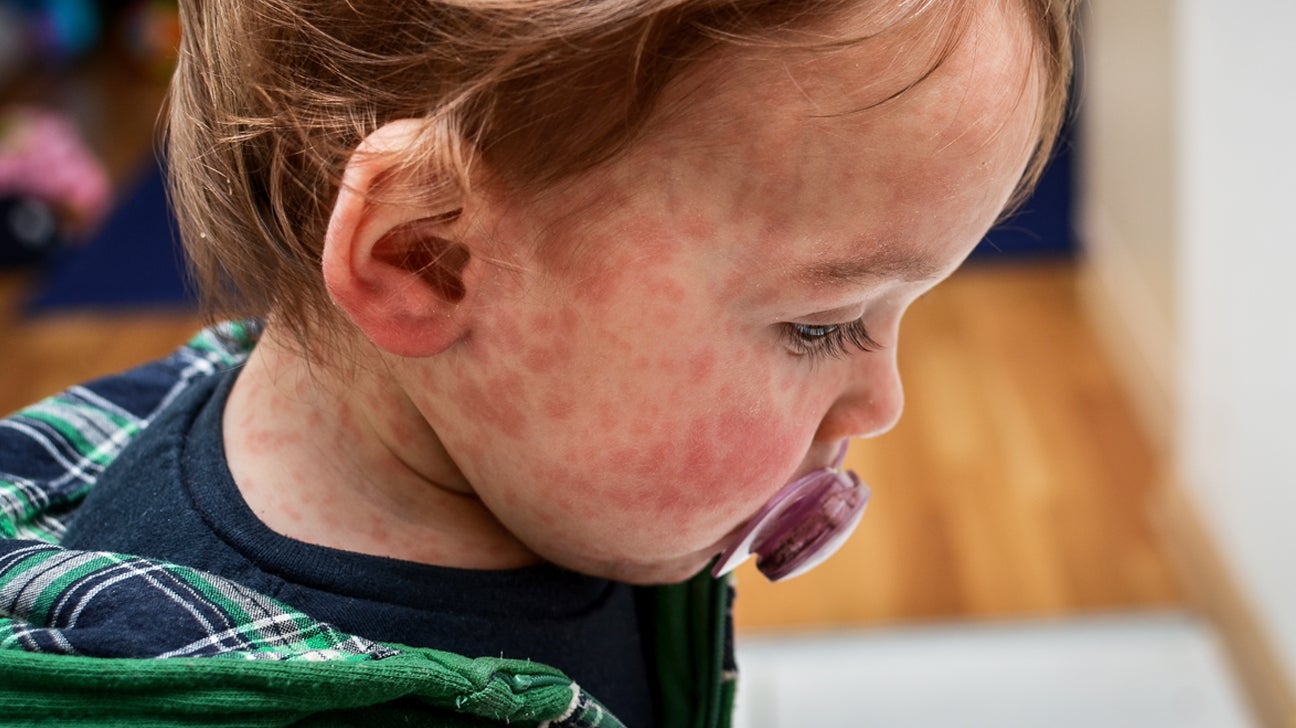 In conclusion, if you are experiencing
allergic reactions
after purchasing a new
mattress
, it is important to consider the possibility that your
mattress
may be the cause. By taking preventative measures and investing in a
hypoallergenic
mattress
, you can enjoy a good night's sleep without the nuisance of
allergies
. So, before you blame your bedroom for your
allergic reactions
, take a closer look at your
mattress
and take steps to keep it clean and allergen-free.
In conclusion, if you are experiencing
allergic reactions
after purchasing a new
mattress
, it is important to consider the possibility that your
mattress
may be the cause. By taking preventative measures and investing in a
hypoallergenic
mattress
, you can enjoy a good night's sleep without the nuisance of
allergies
. So, before you blame your bedroom for your
allergic reactions
, take a closer look at your
mattress
and take steps to keep it clean and allergen-free.




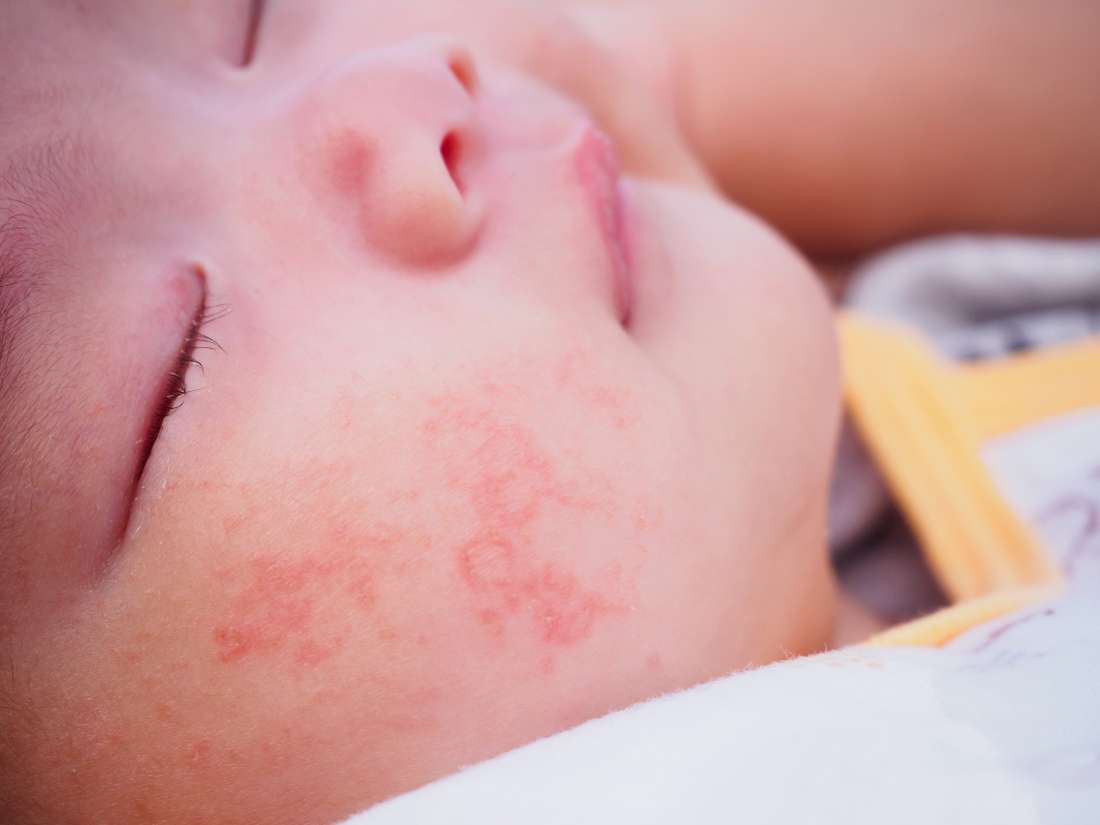
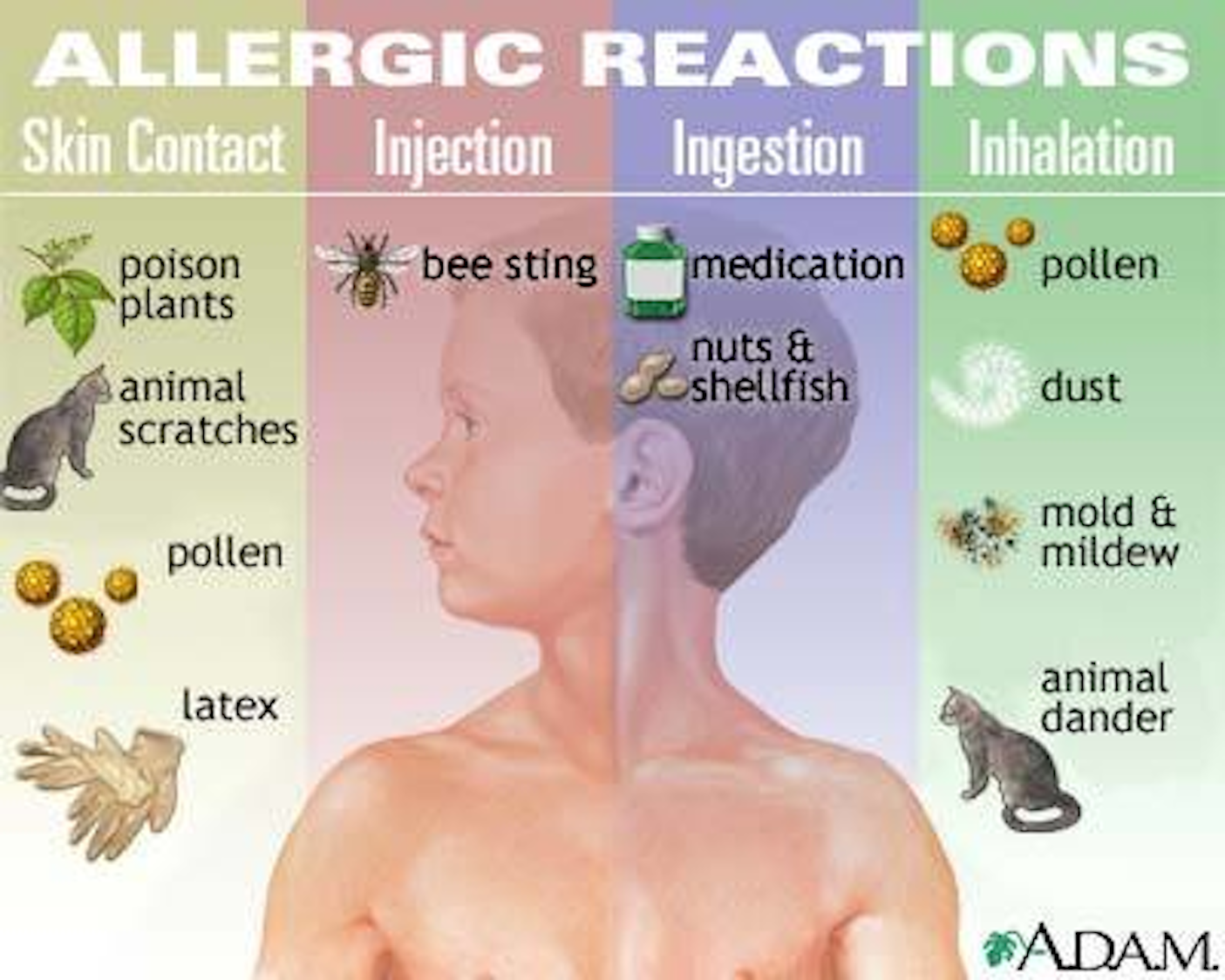
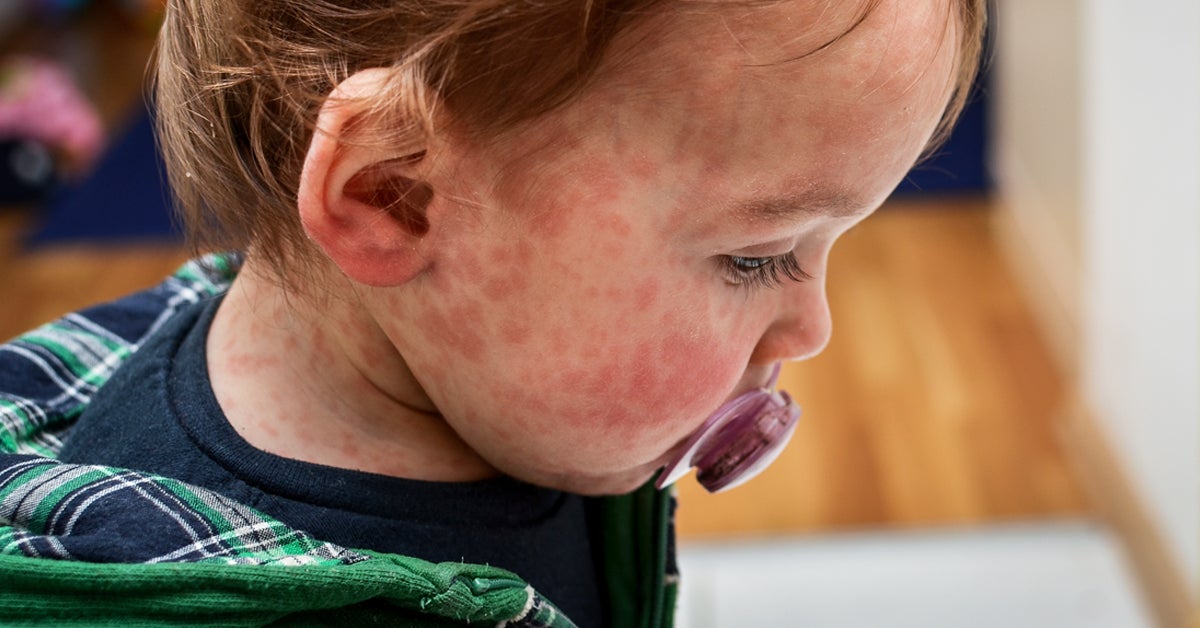

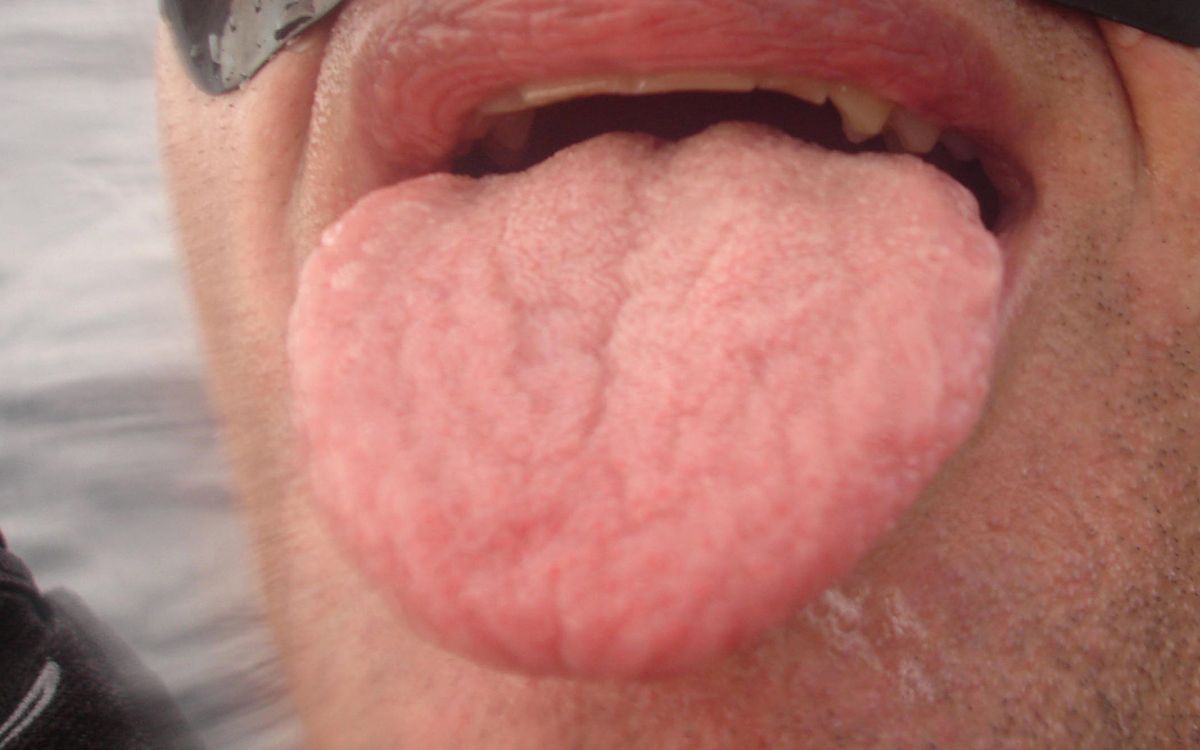
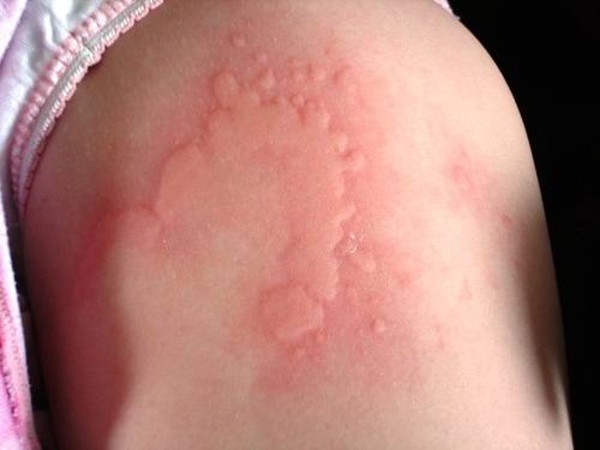
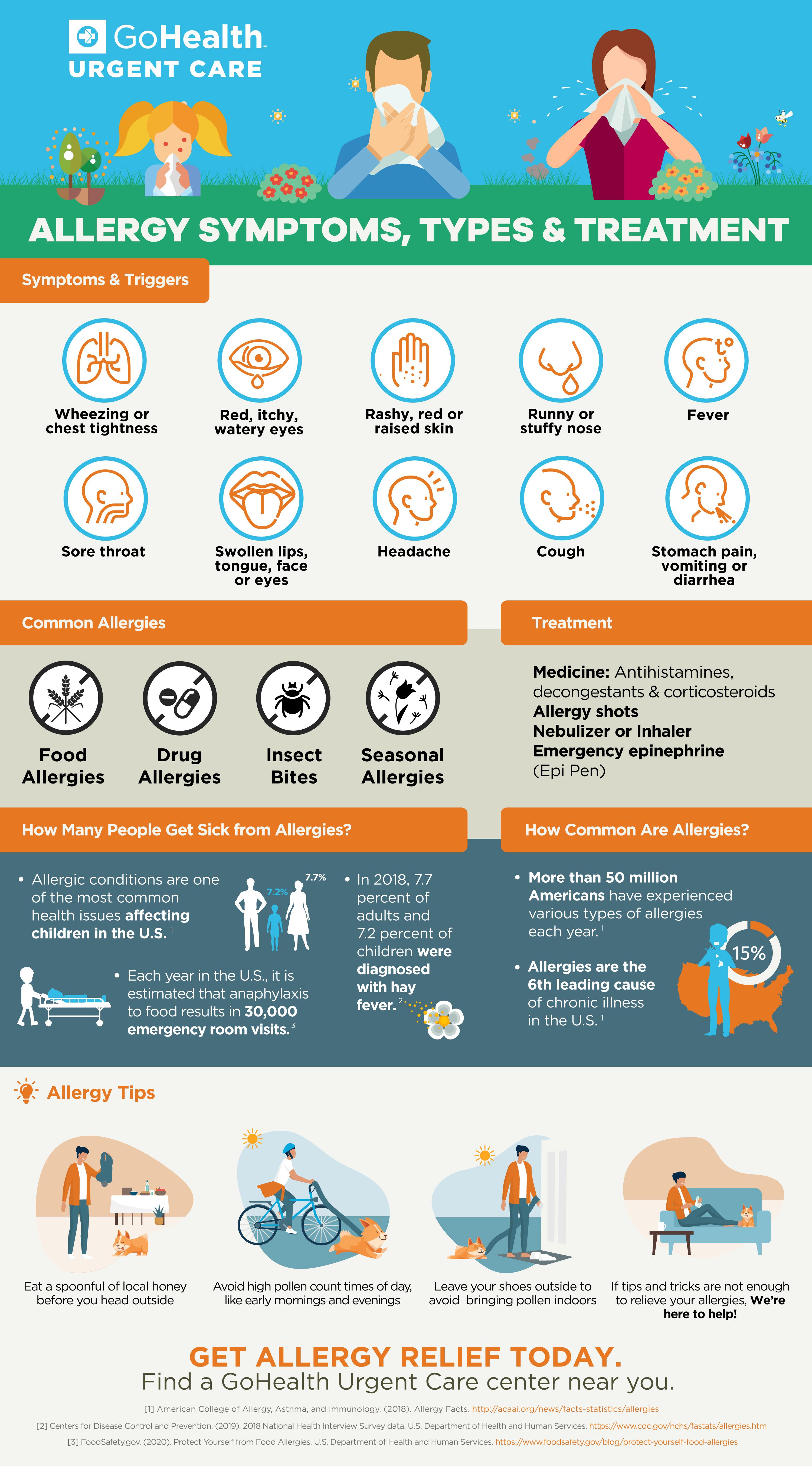
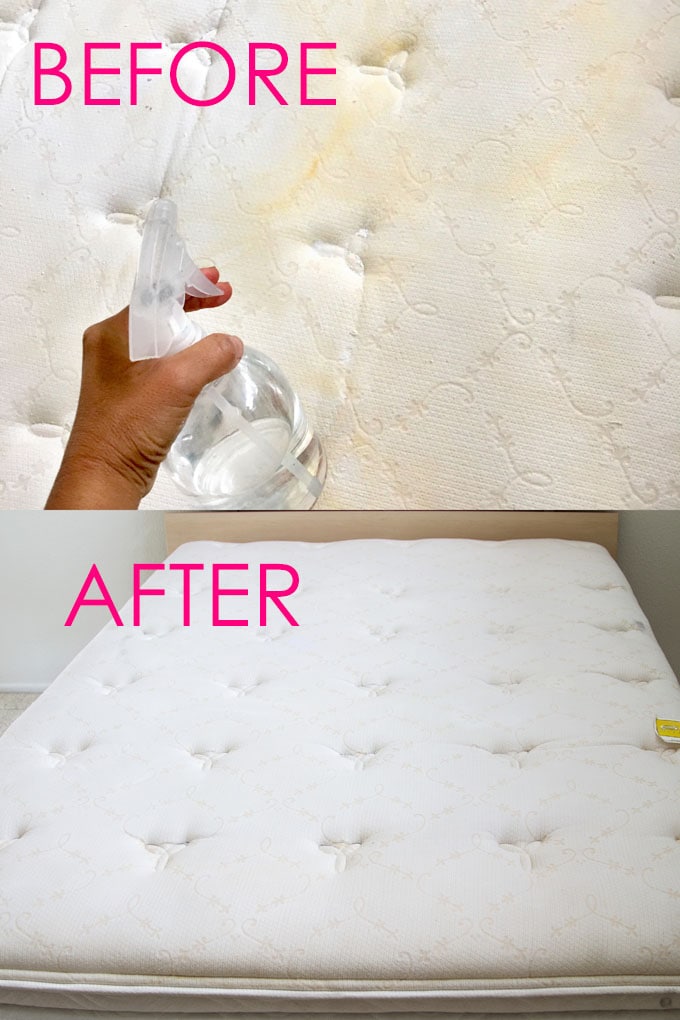










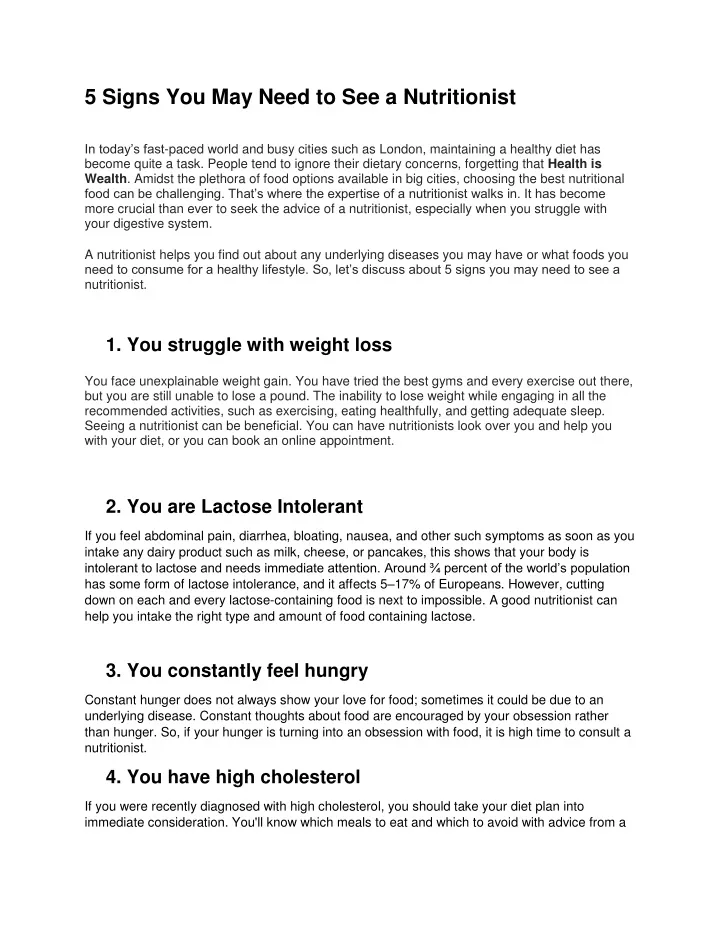





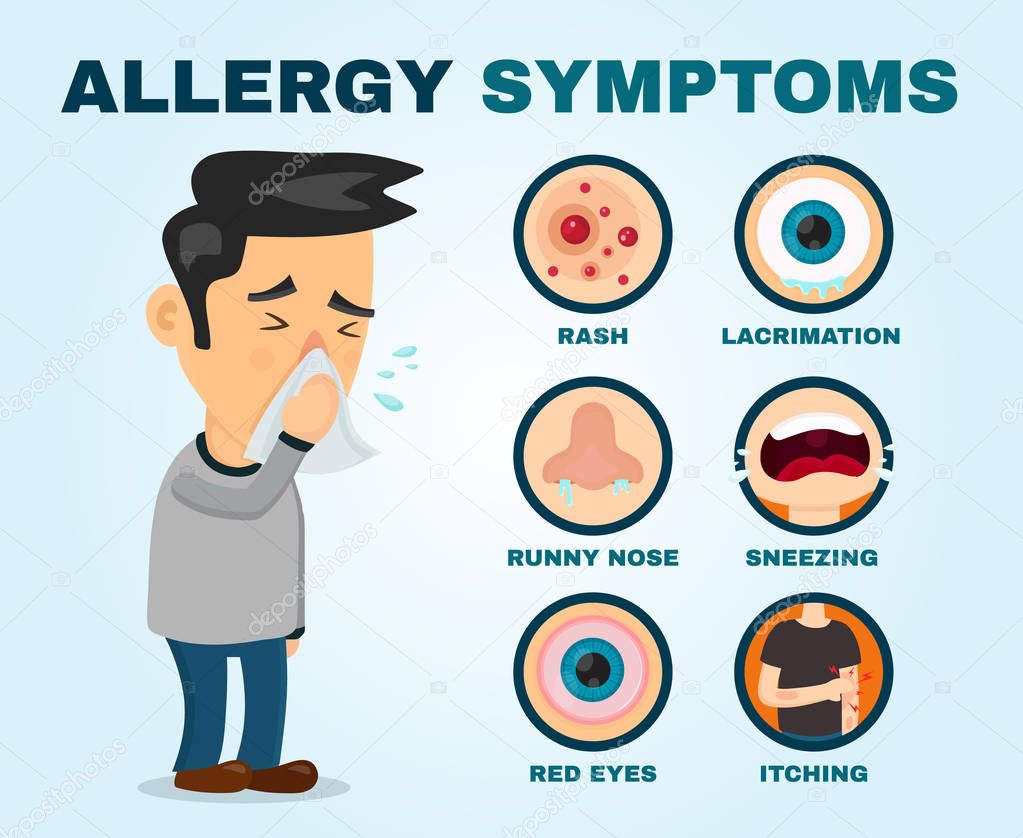
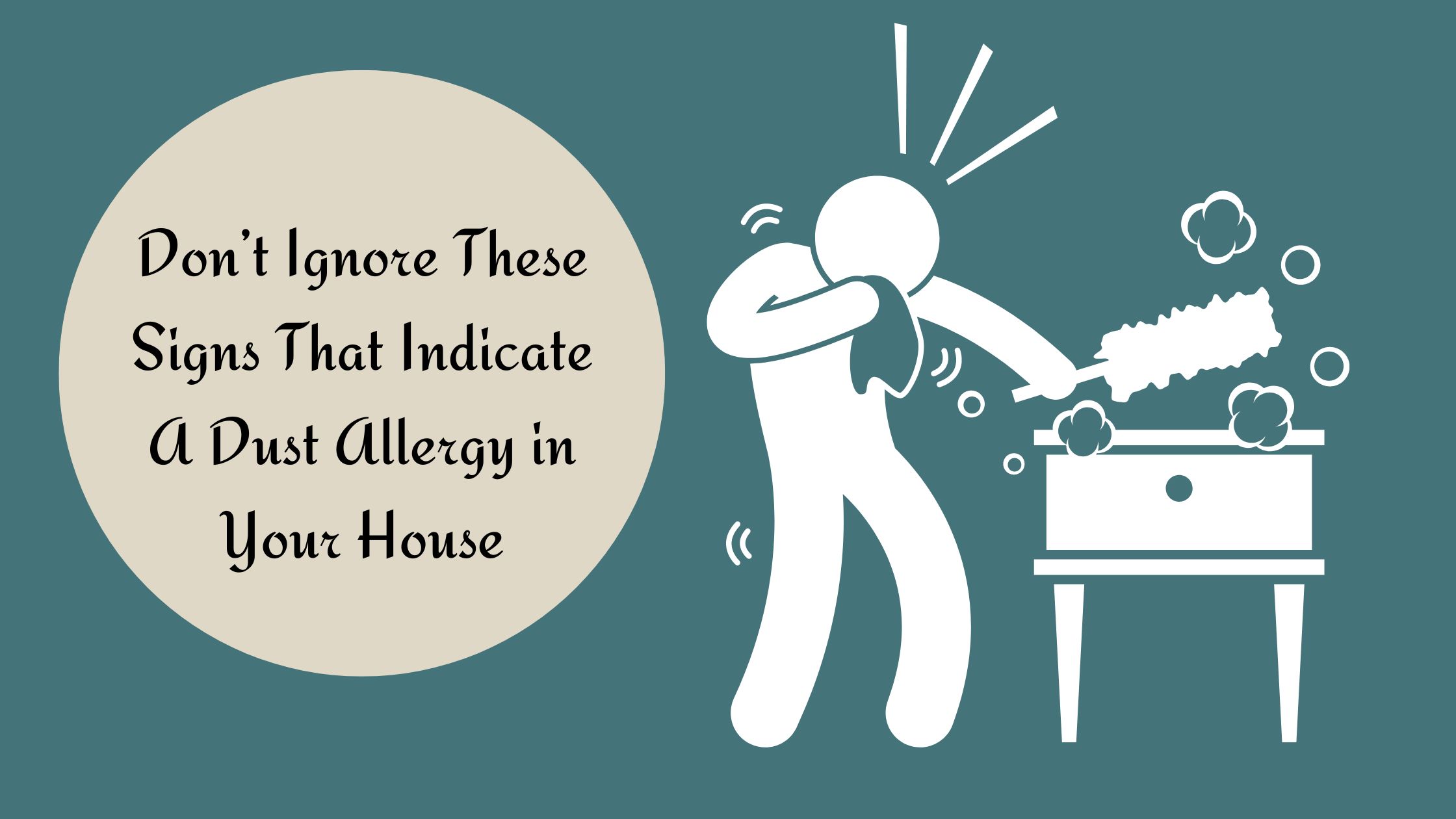

















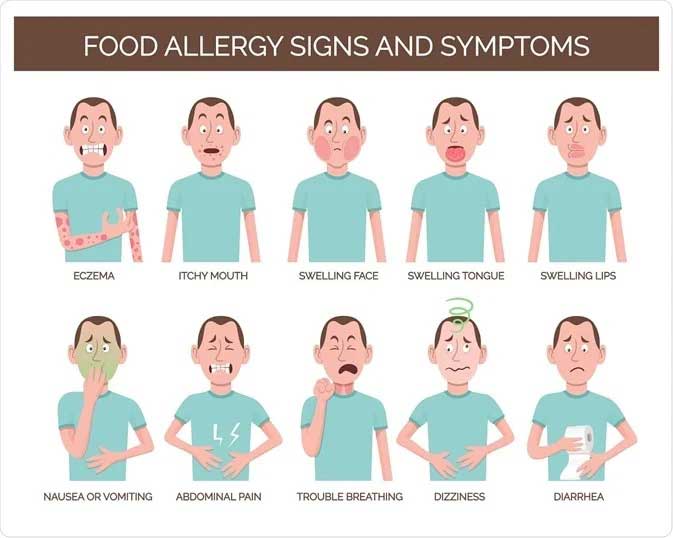

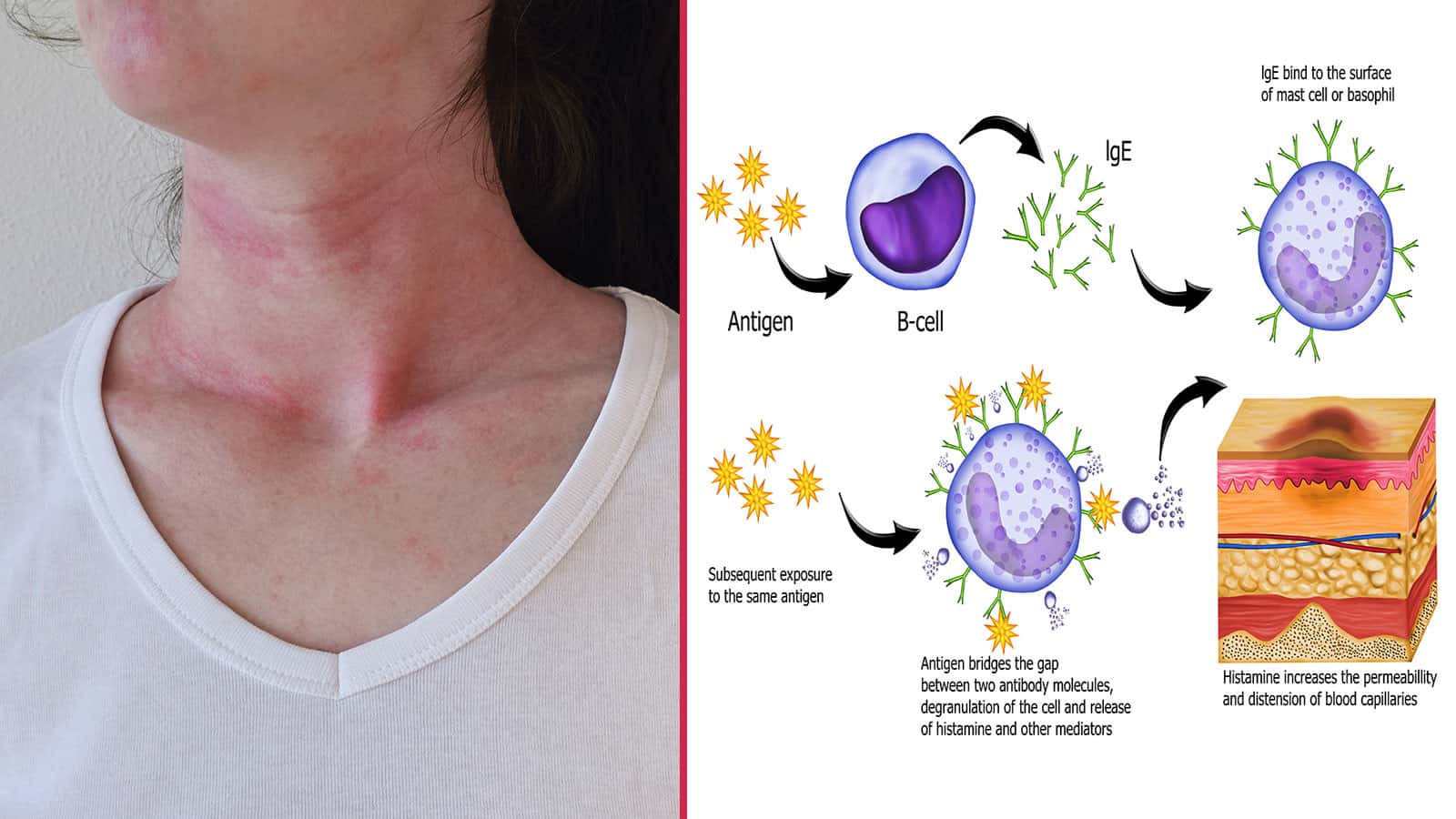



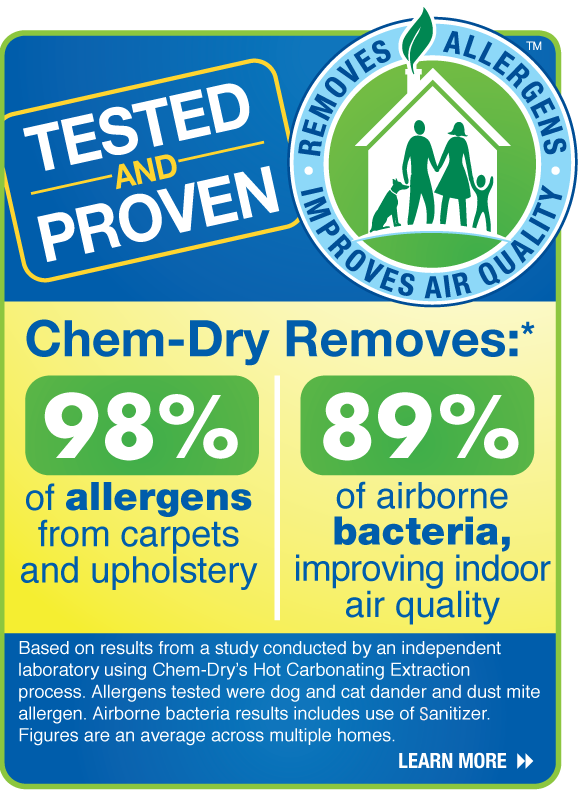





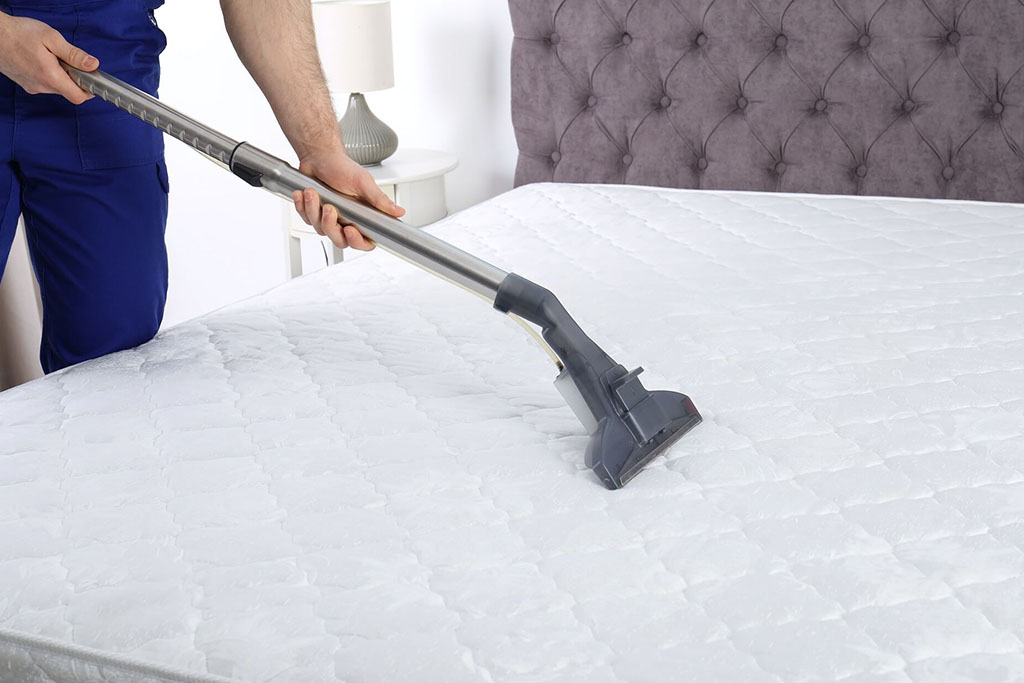

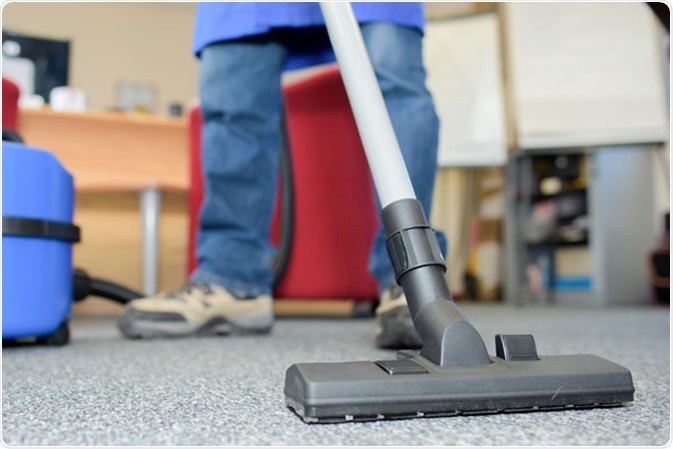



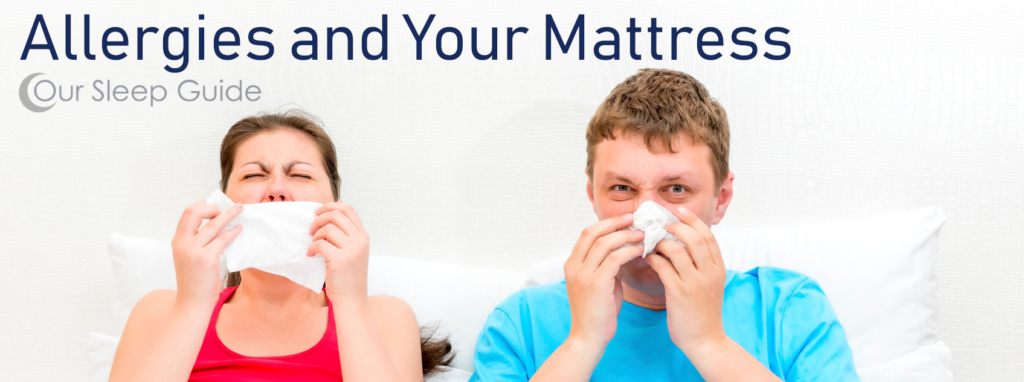
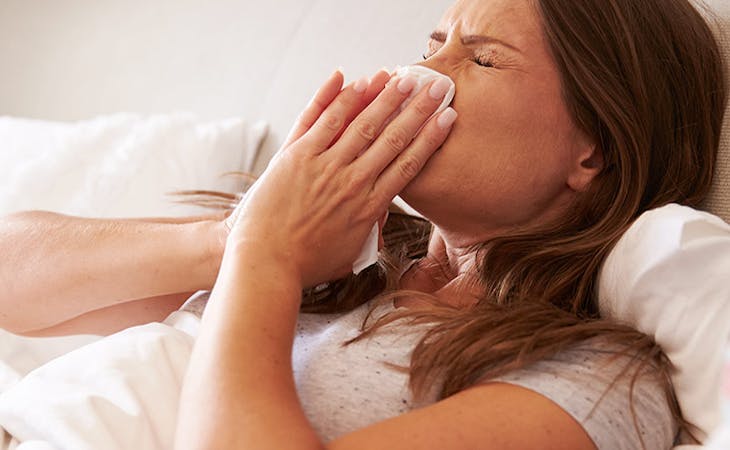
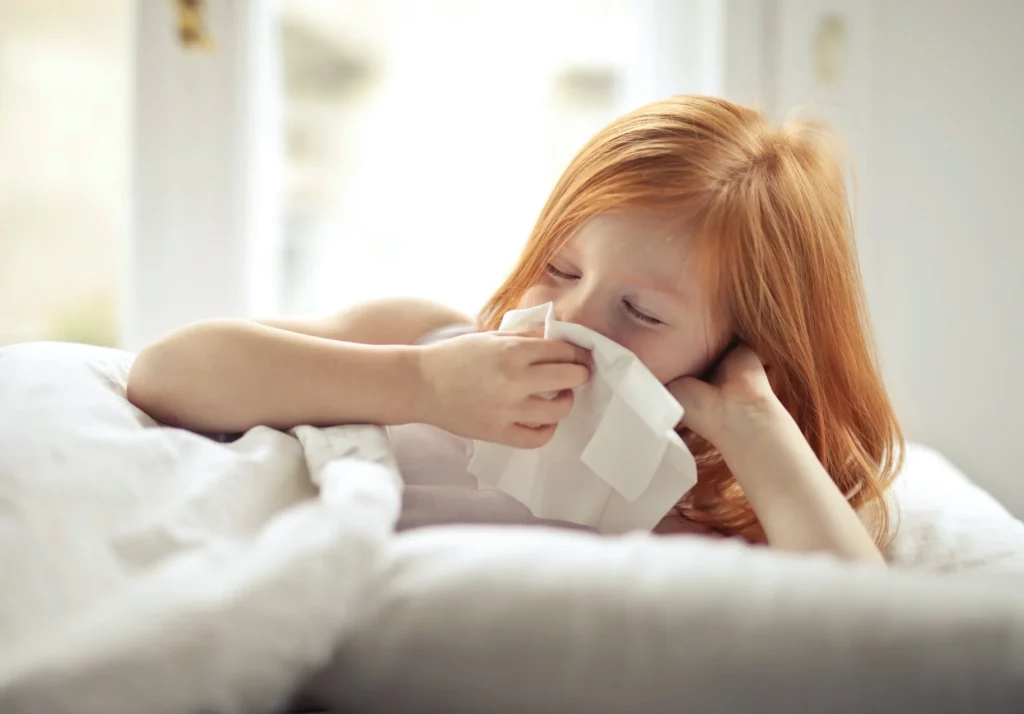



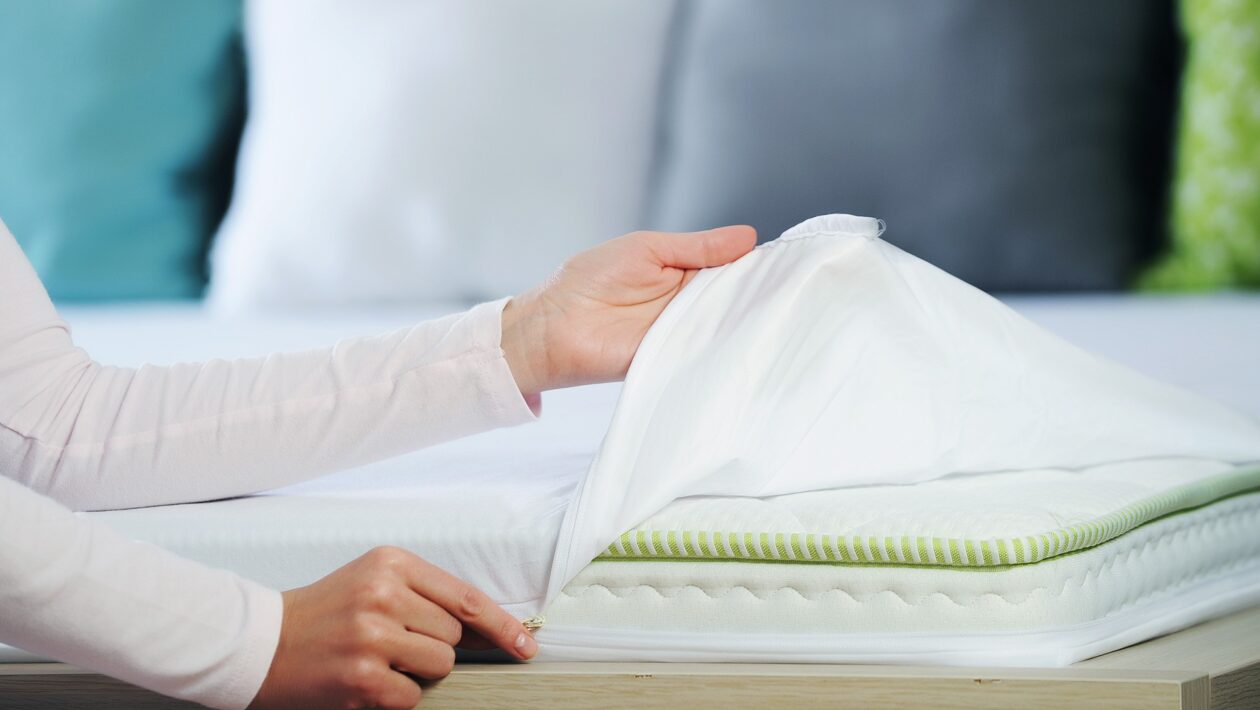
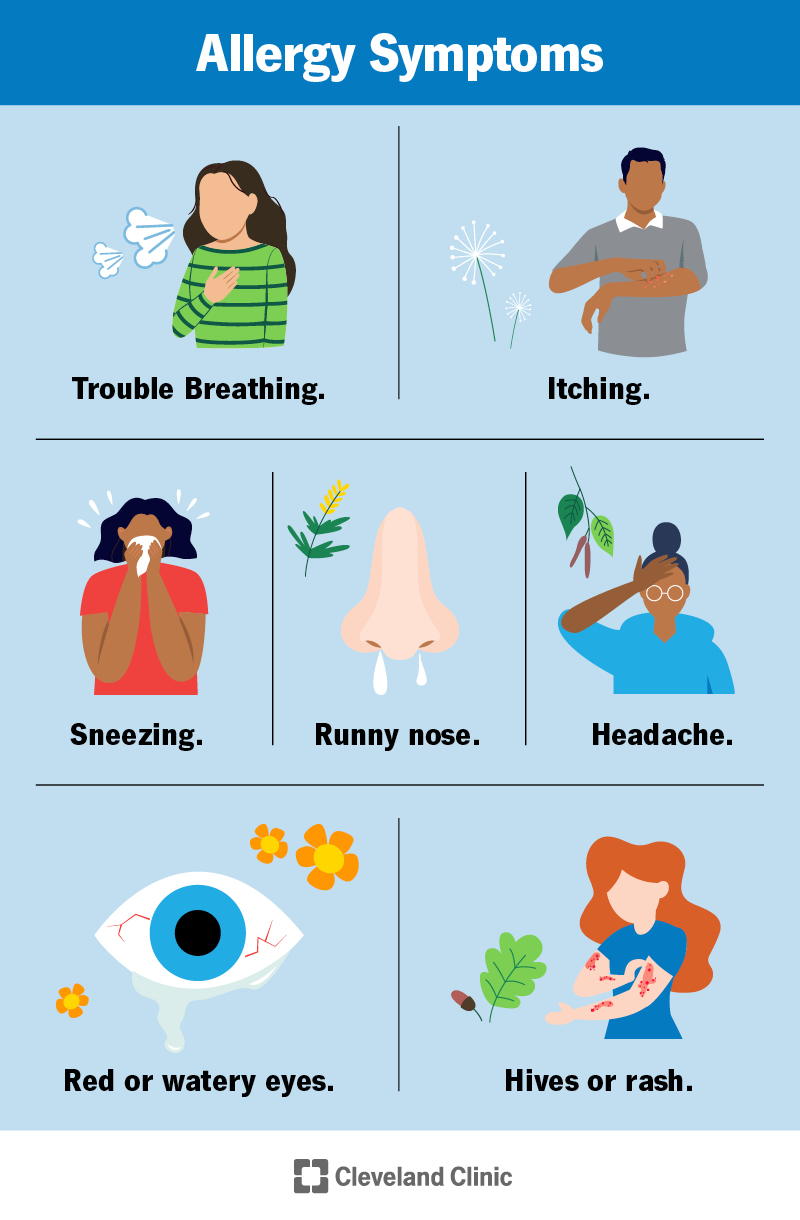







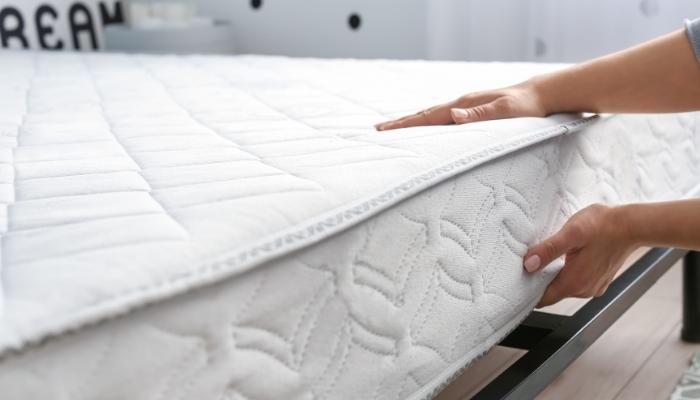


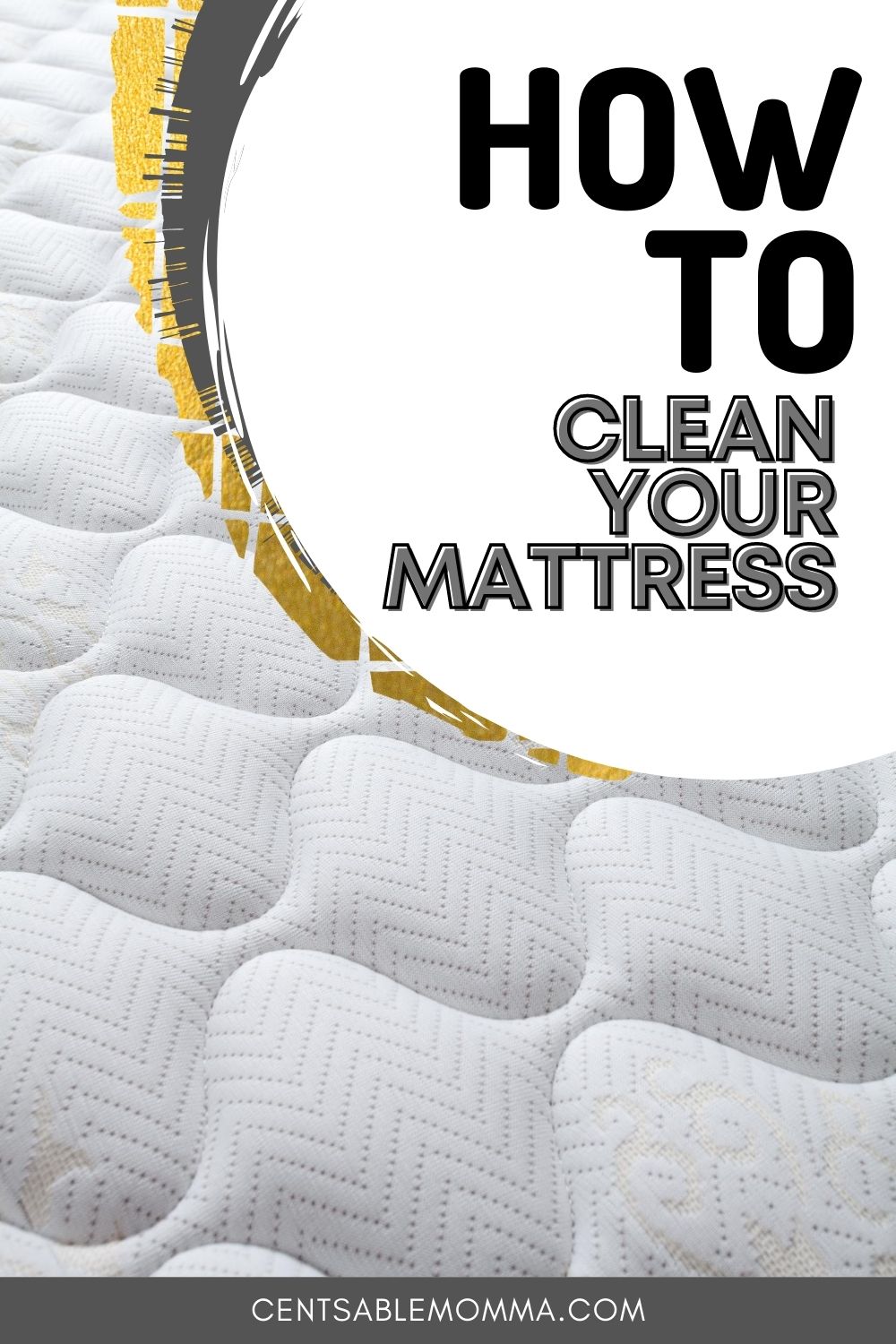
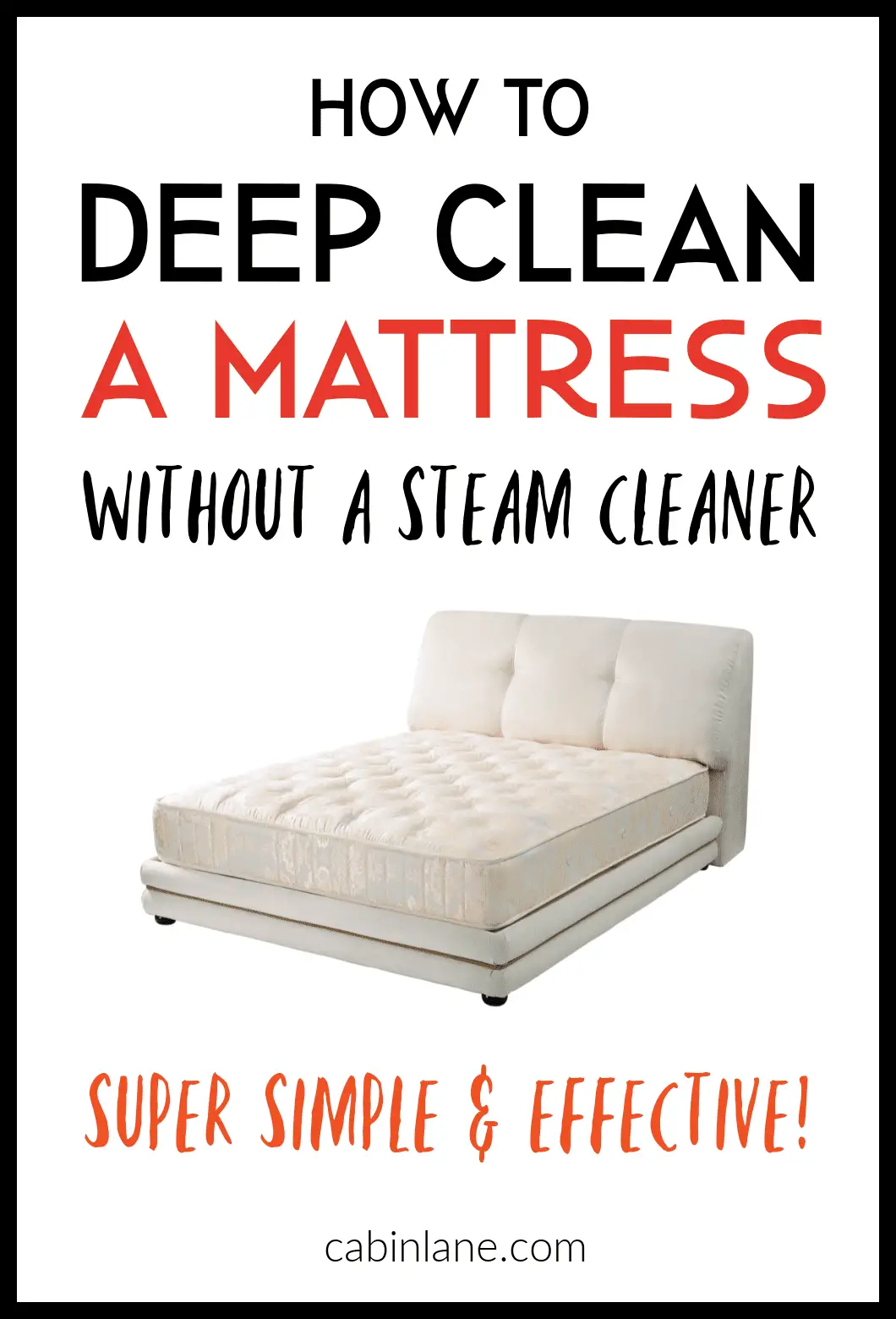

:max_bytes(150000):strip_icc()/clean-your-mattress-the-natural-way-350742-14-5a99efe91be349449c3178993b367746.jpg)
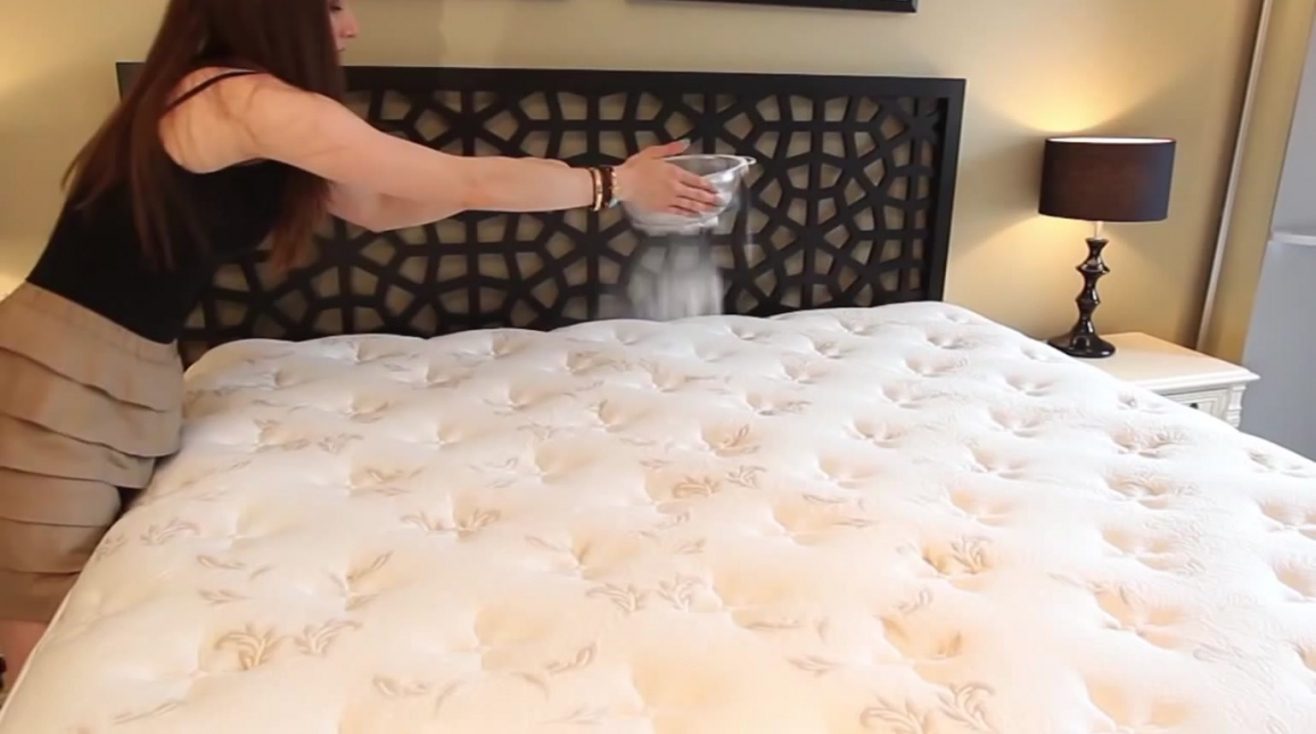
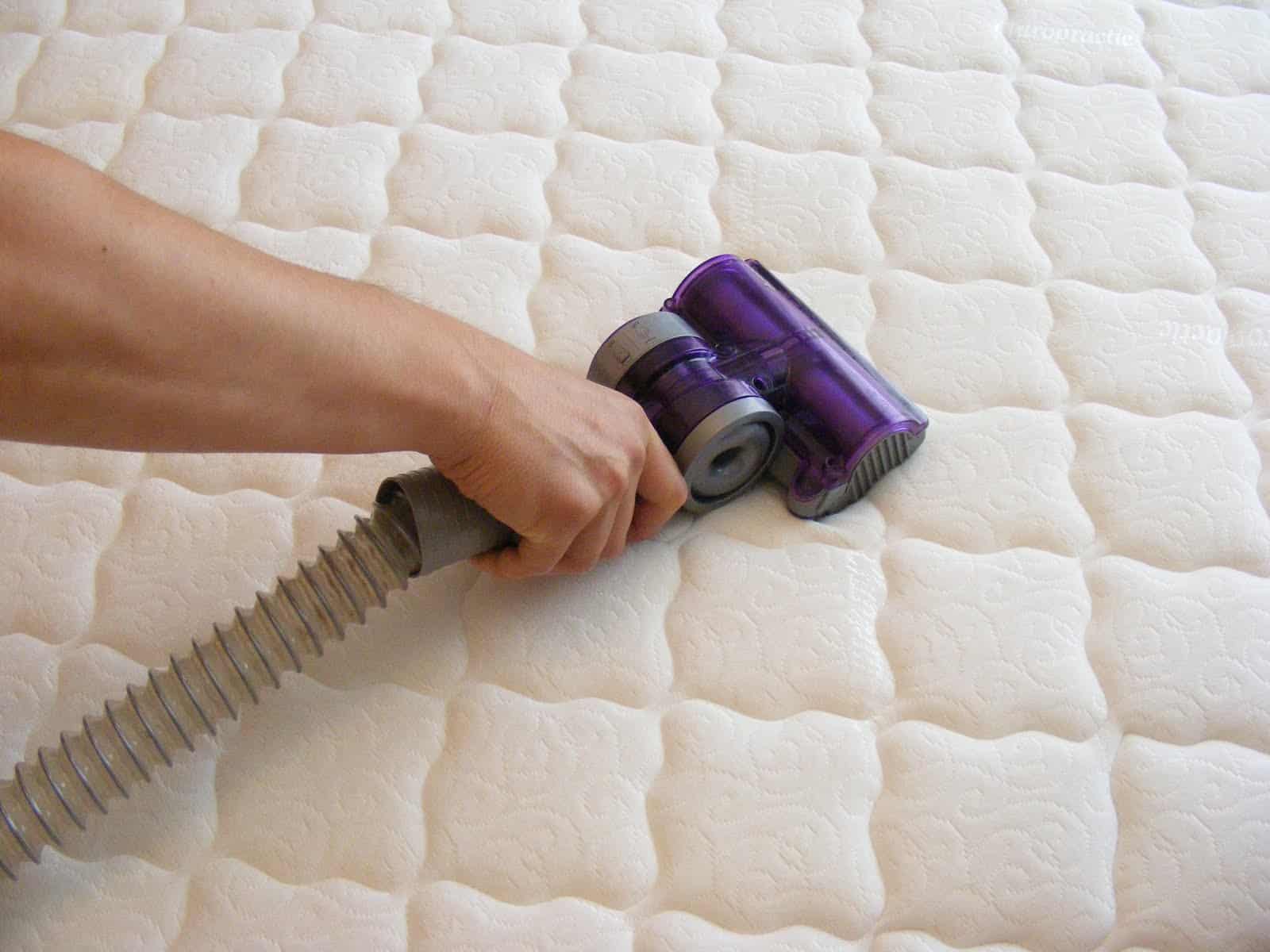

:max_bytes(150000):strip_icc()/clean-your-mattress-the-natural-way-350742-dd95404f7ac54f9b90f09045d9b4e98c.png)

















